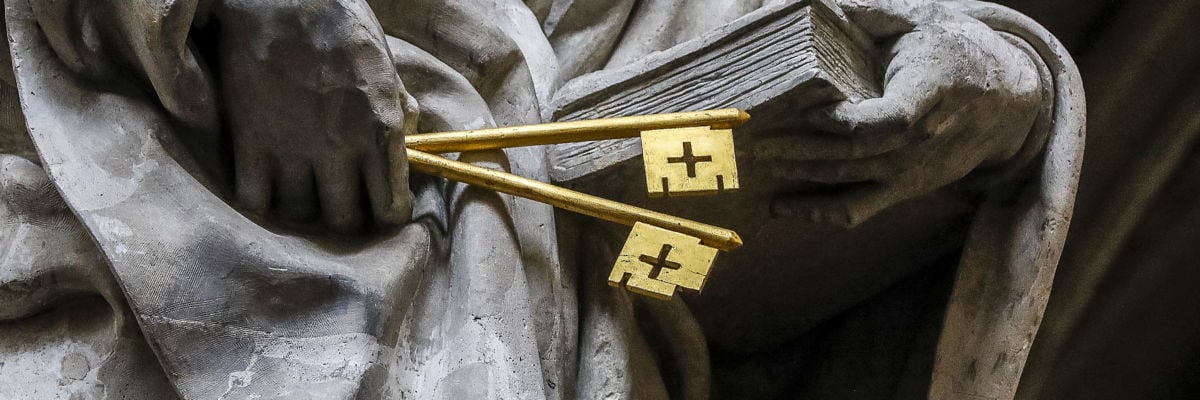
Question:
Answer:
If by “declare anything sinful or not” your friend means the Church can determine acts to be morally good and bad, then your friend is mistaken. Perhaps instead he was trying to say that the Church has the authority to infallibly identify what is sin and what is not a sin. There is a difference.
The Church cannot make up its own morality. It is merely the guardian of the truth concerning upright human behavior (1 Tim. 6:20). However, the Church does have the promise of Christ to infallibly identify those things that are morally harmful to the human person and those things which are morally good for the human person.
So, when the Church definitively denounces a particular action as intrinsically evil, we can know with certainty that such a declaration is true, and the specific action denounced is gravely wrong.
Furthermore, because of the gift of infallibility, the Church can never definitively declare that which is objectively sinful as good, nor can it change a definitively taught moral doctrine later down the road.
Rest assured, the Church cannot definitively declare morally licit the human behaviors you mentioned above.



